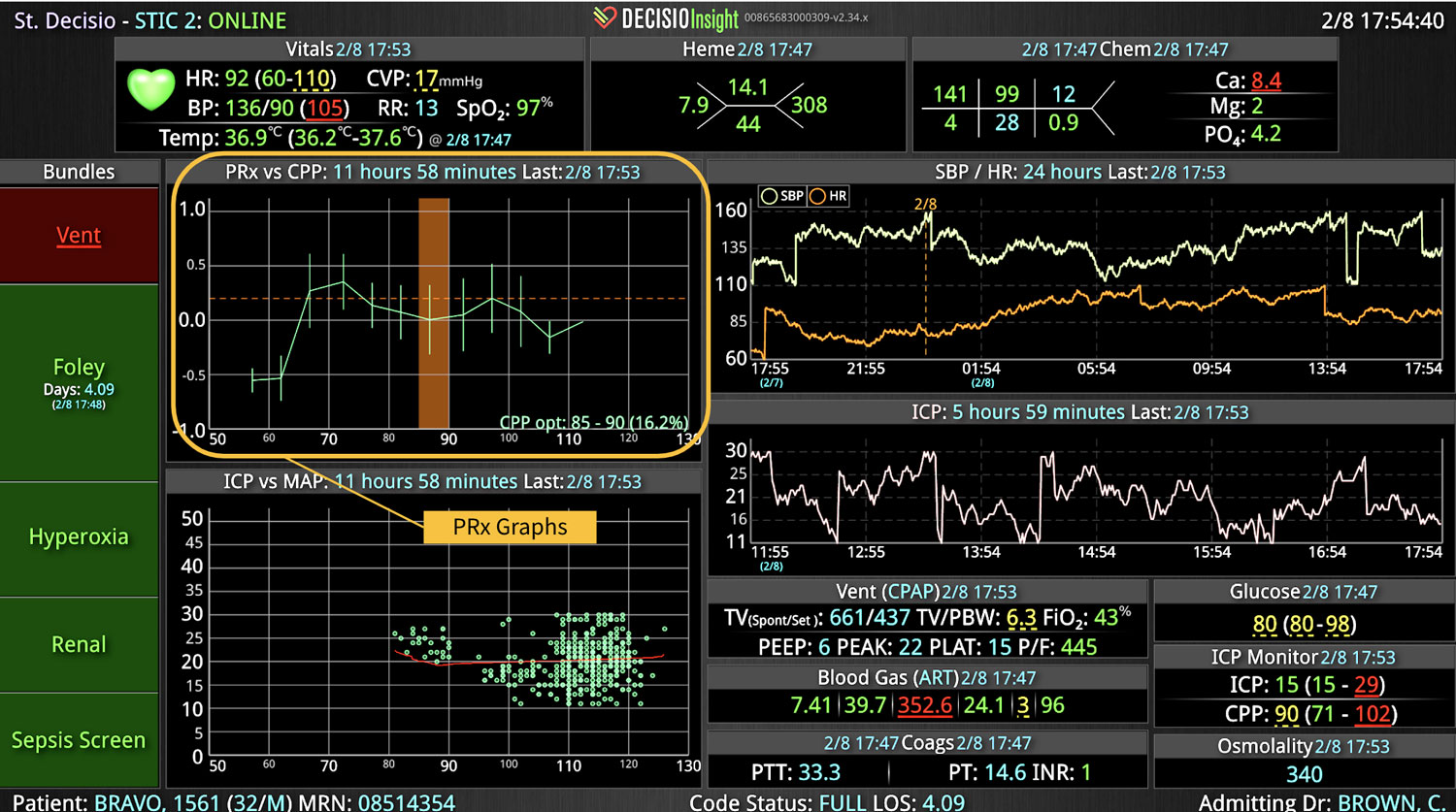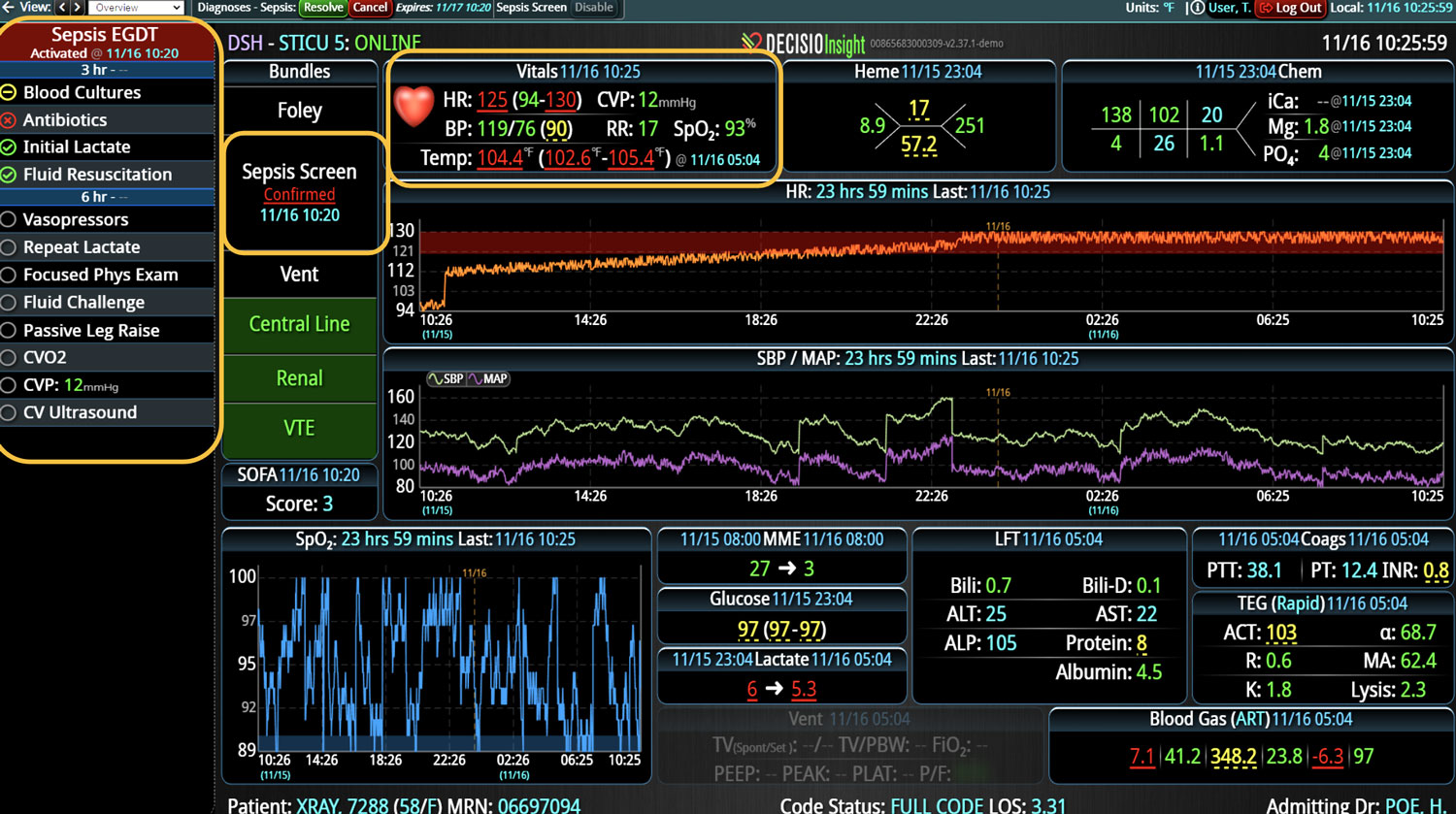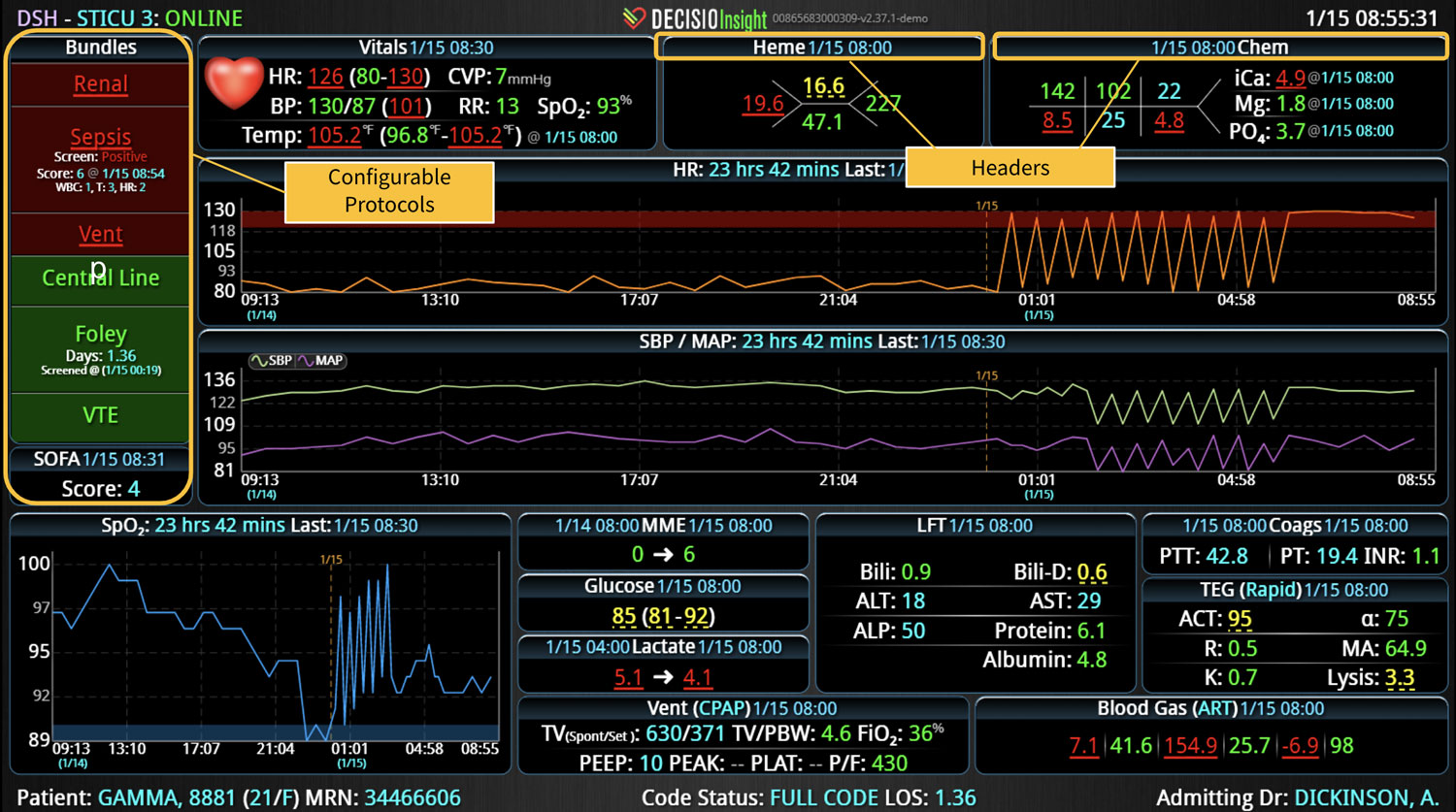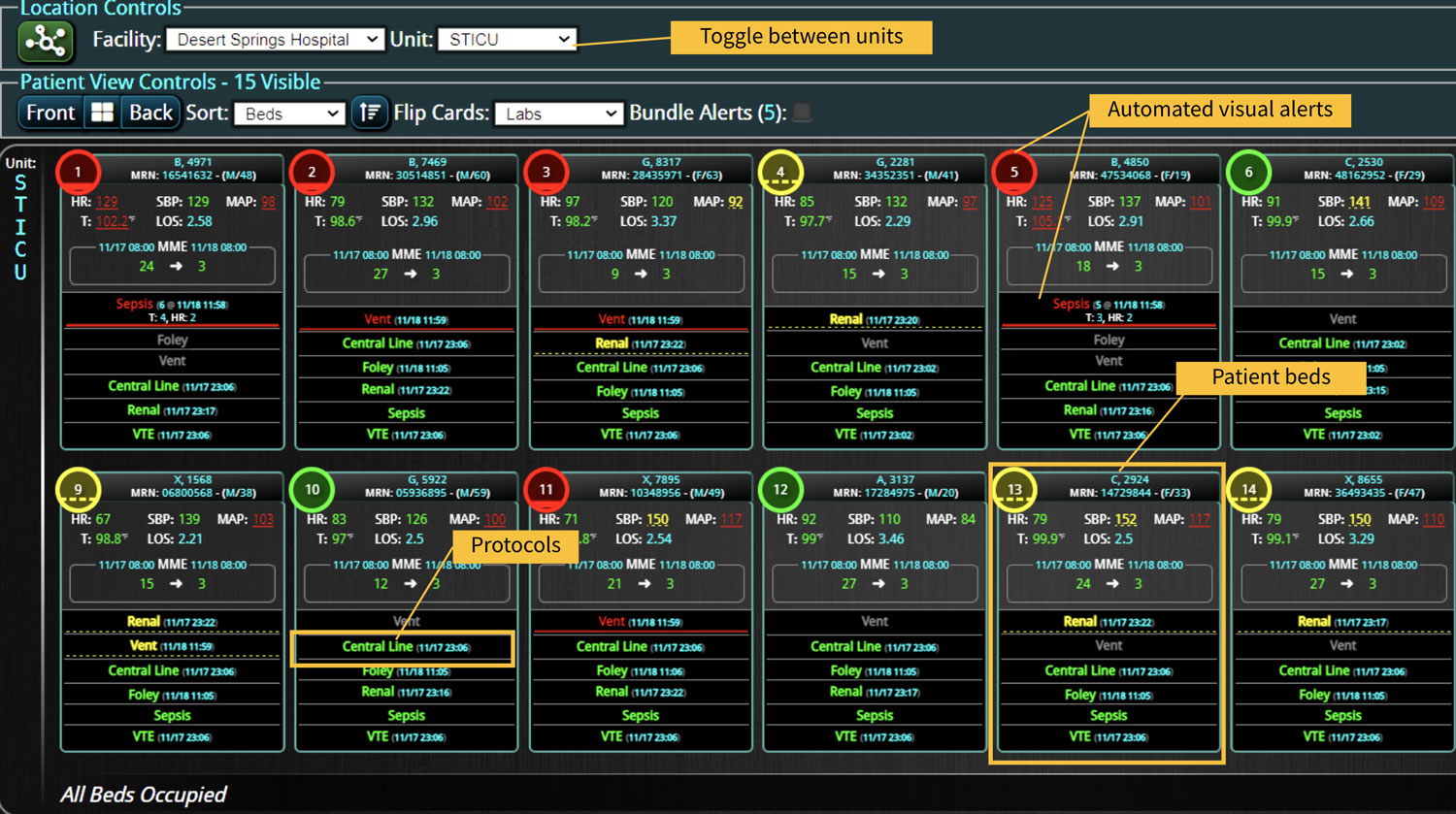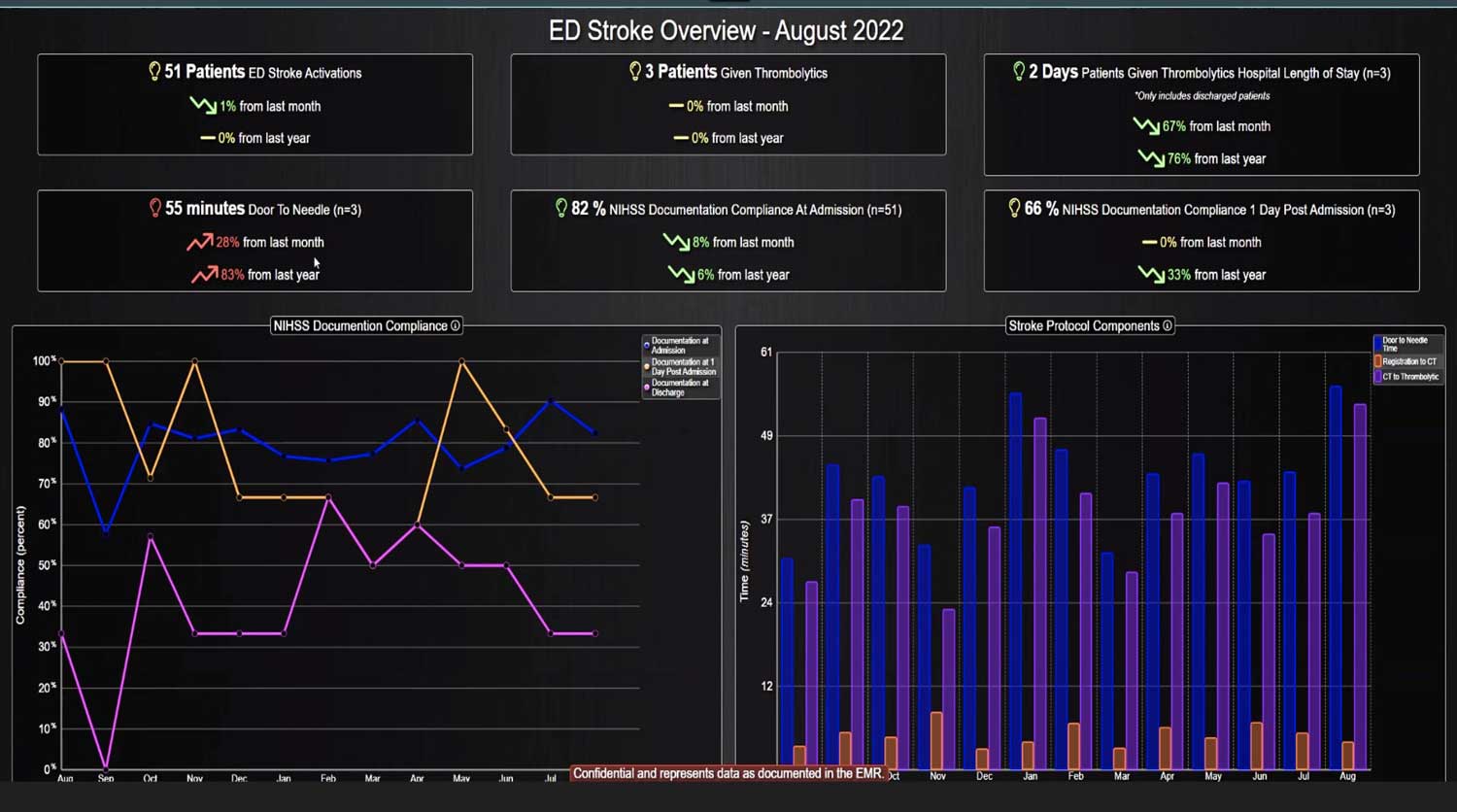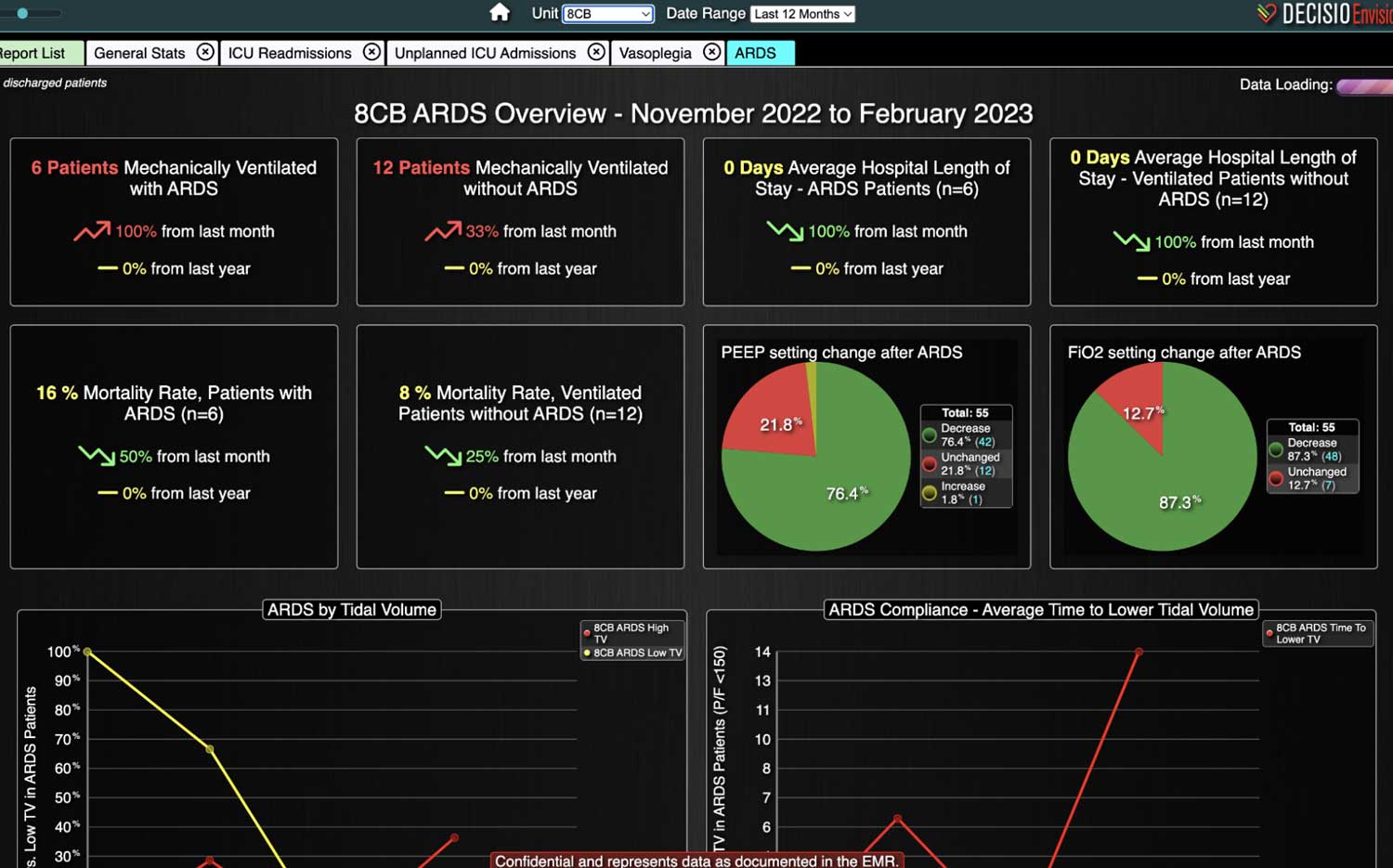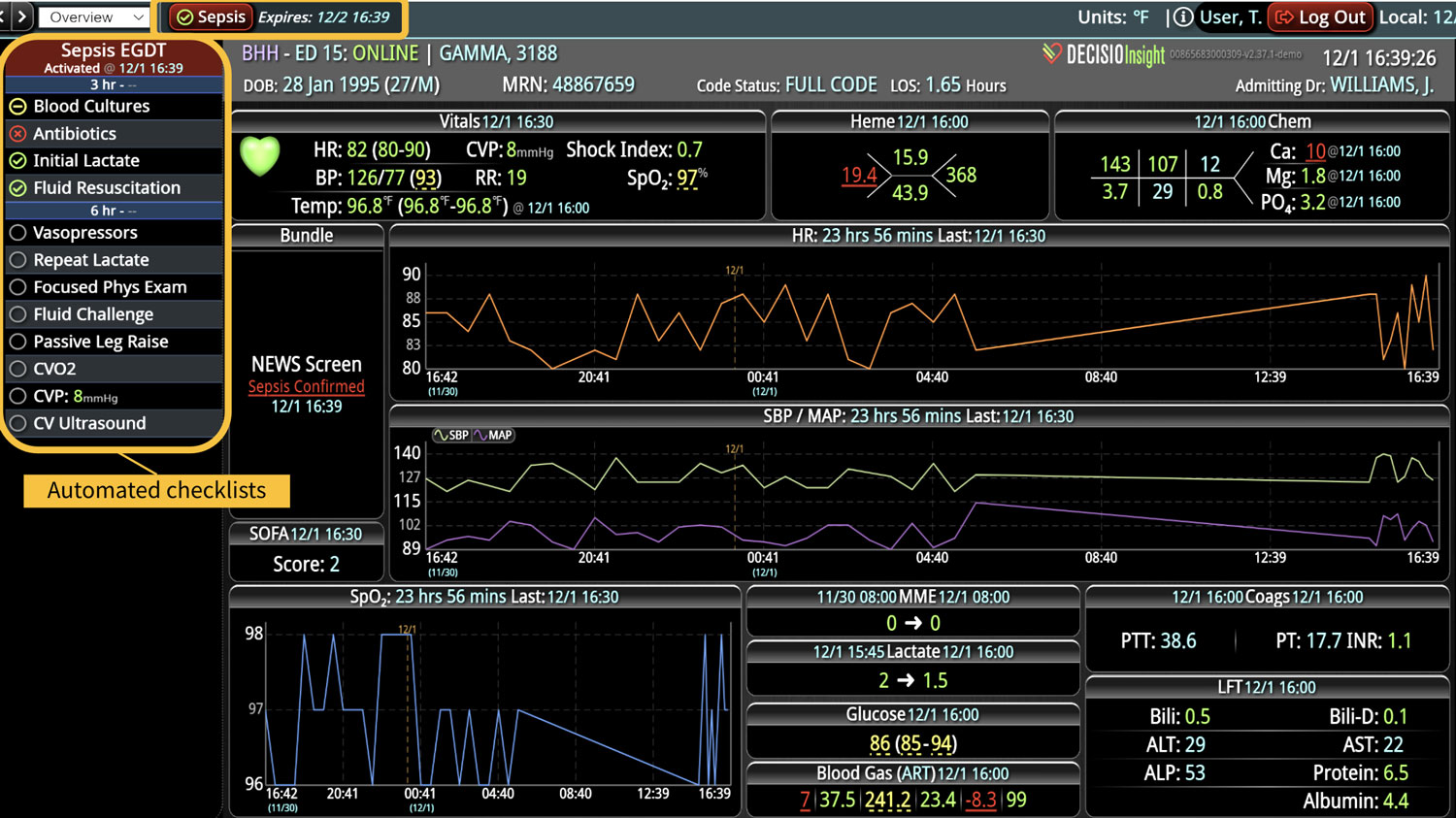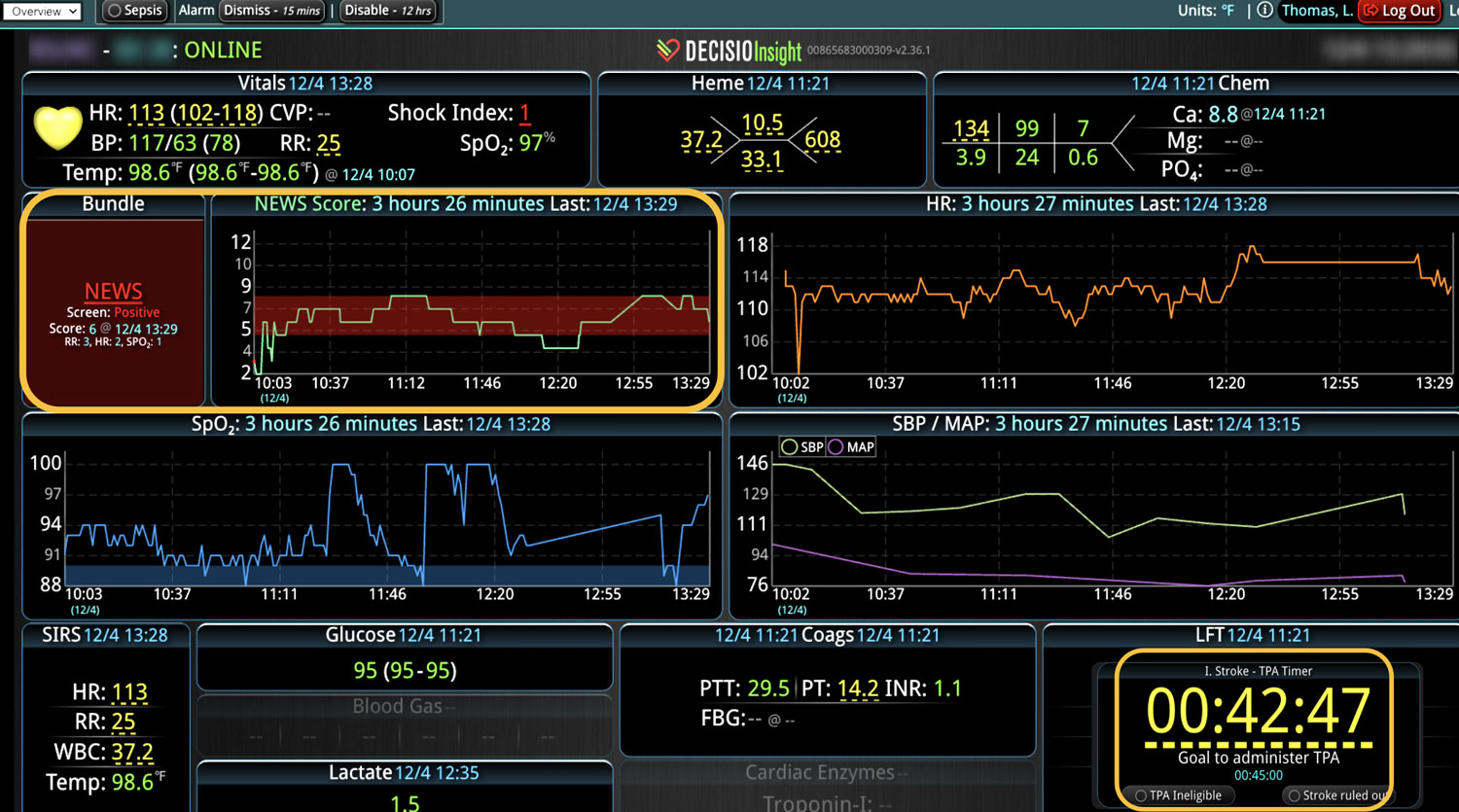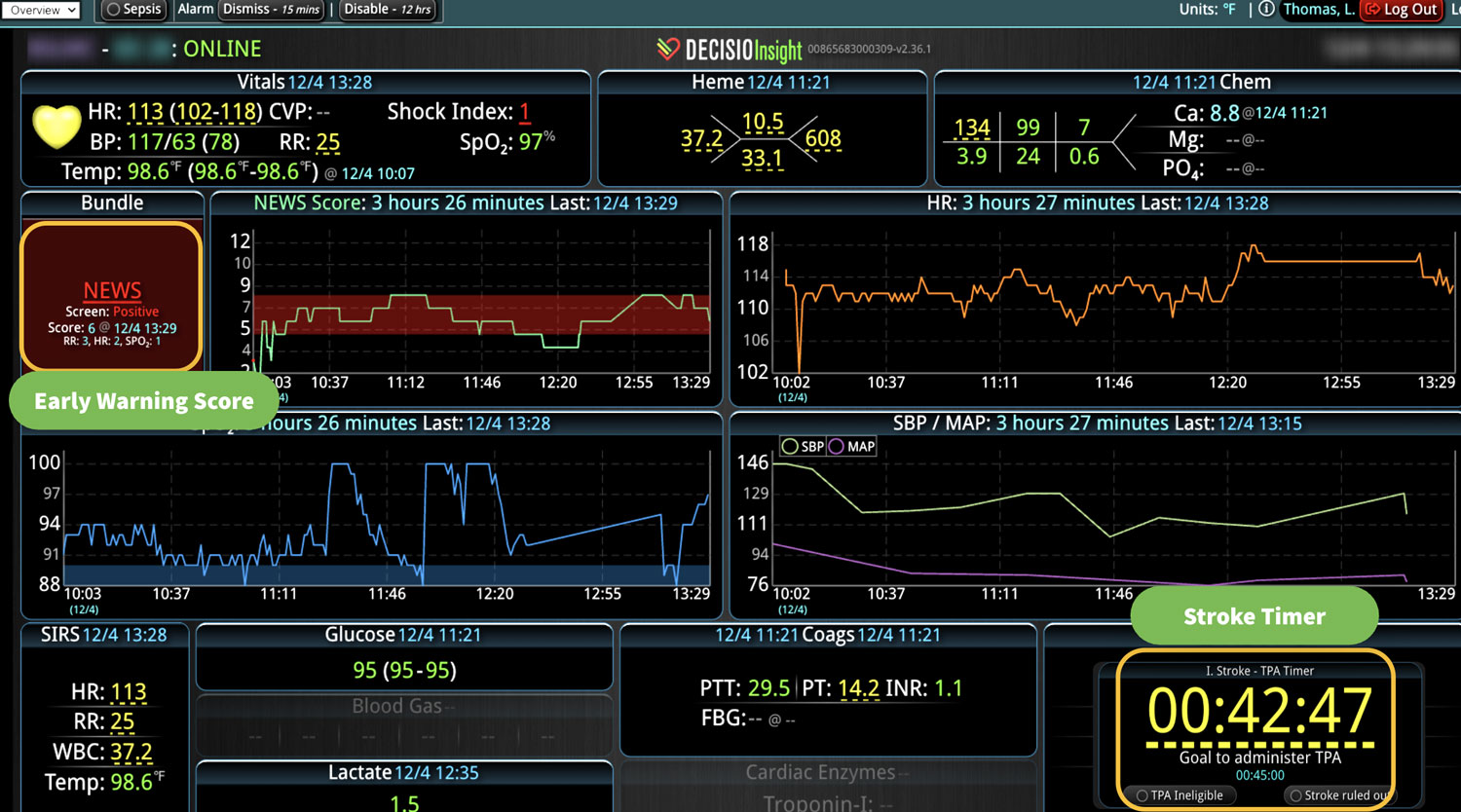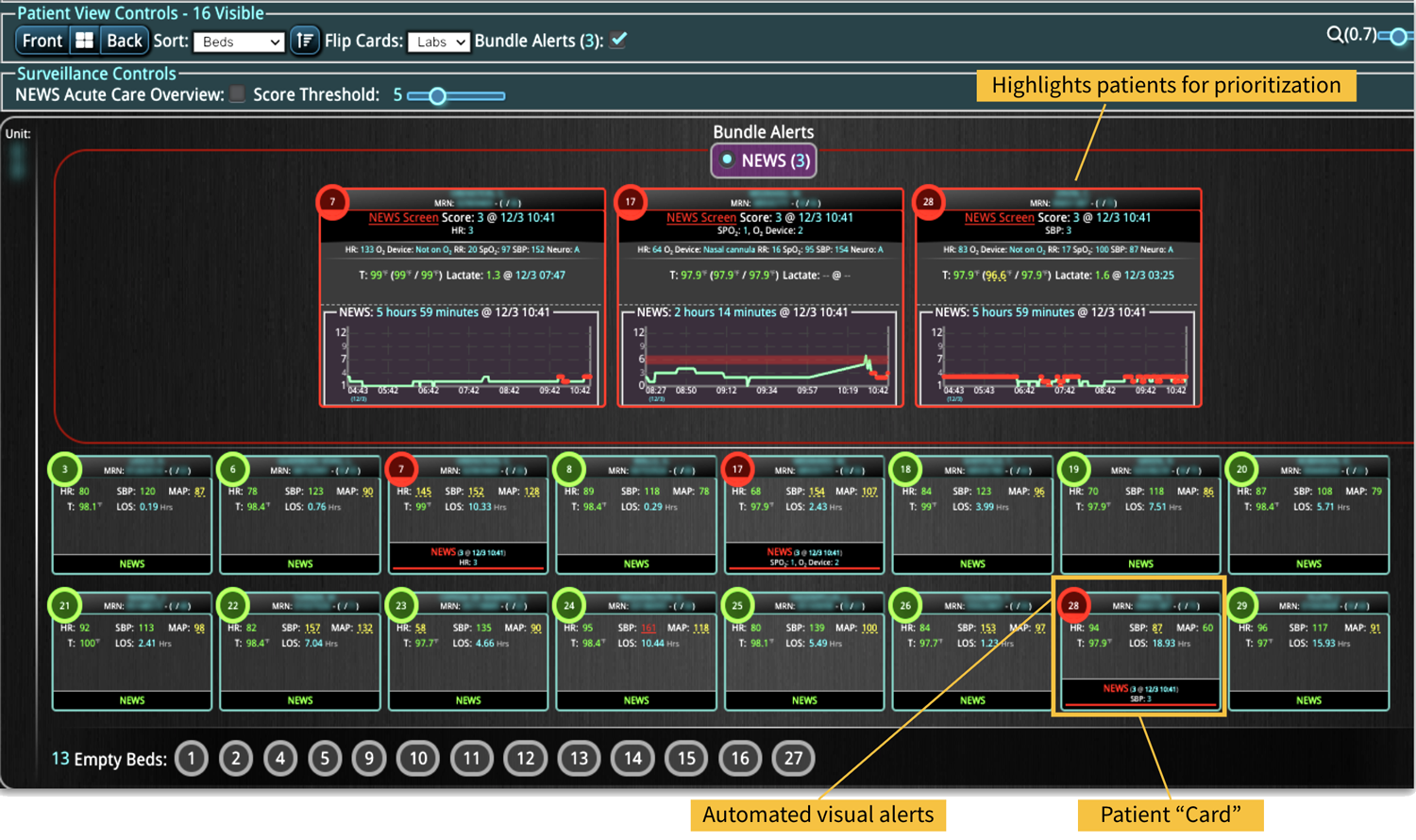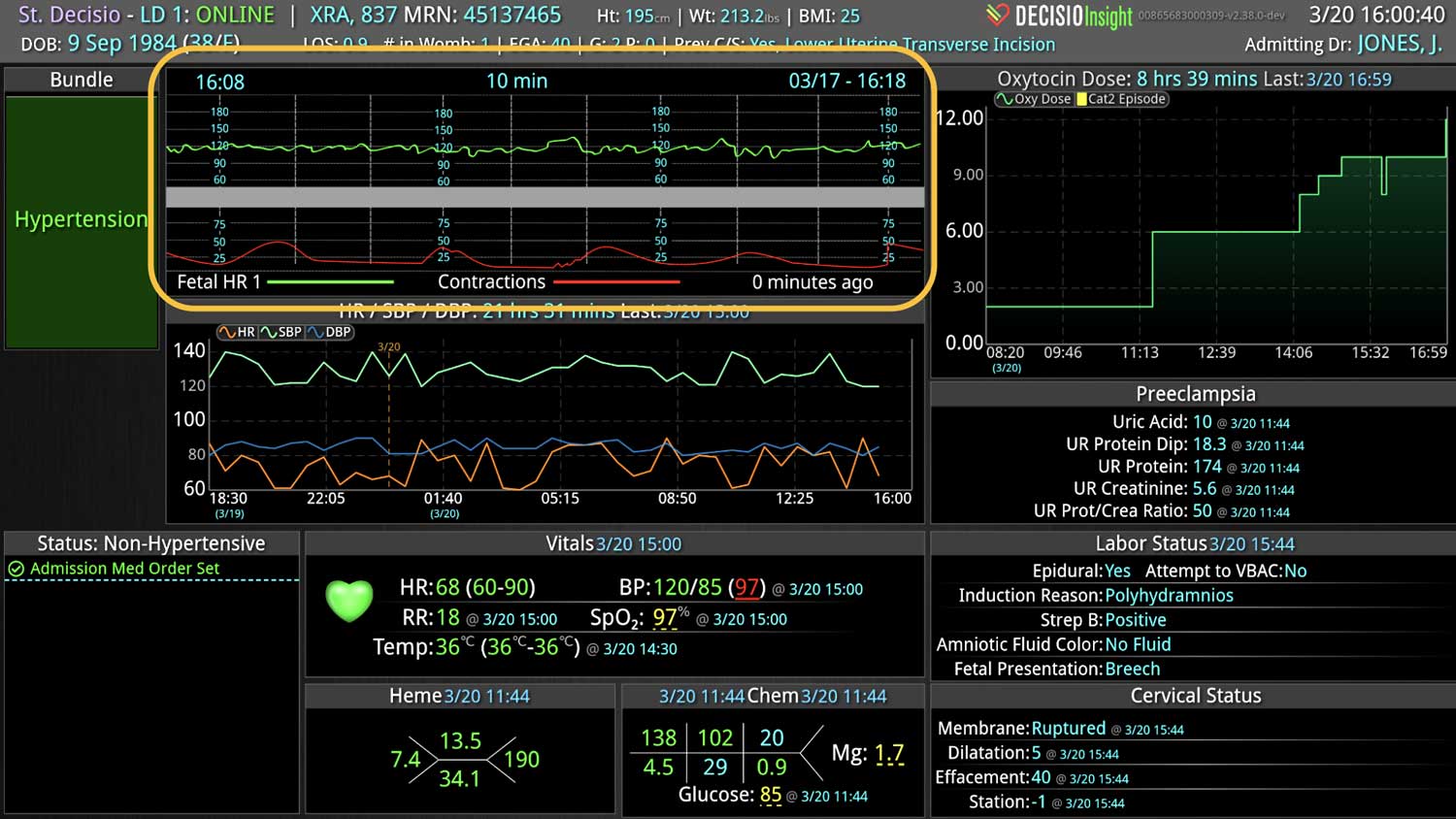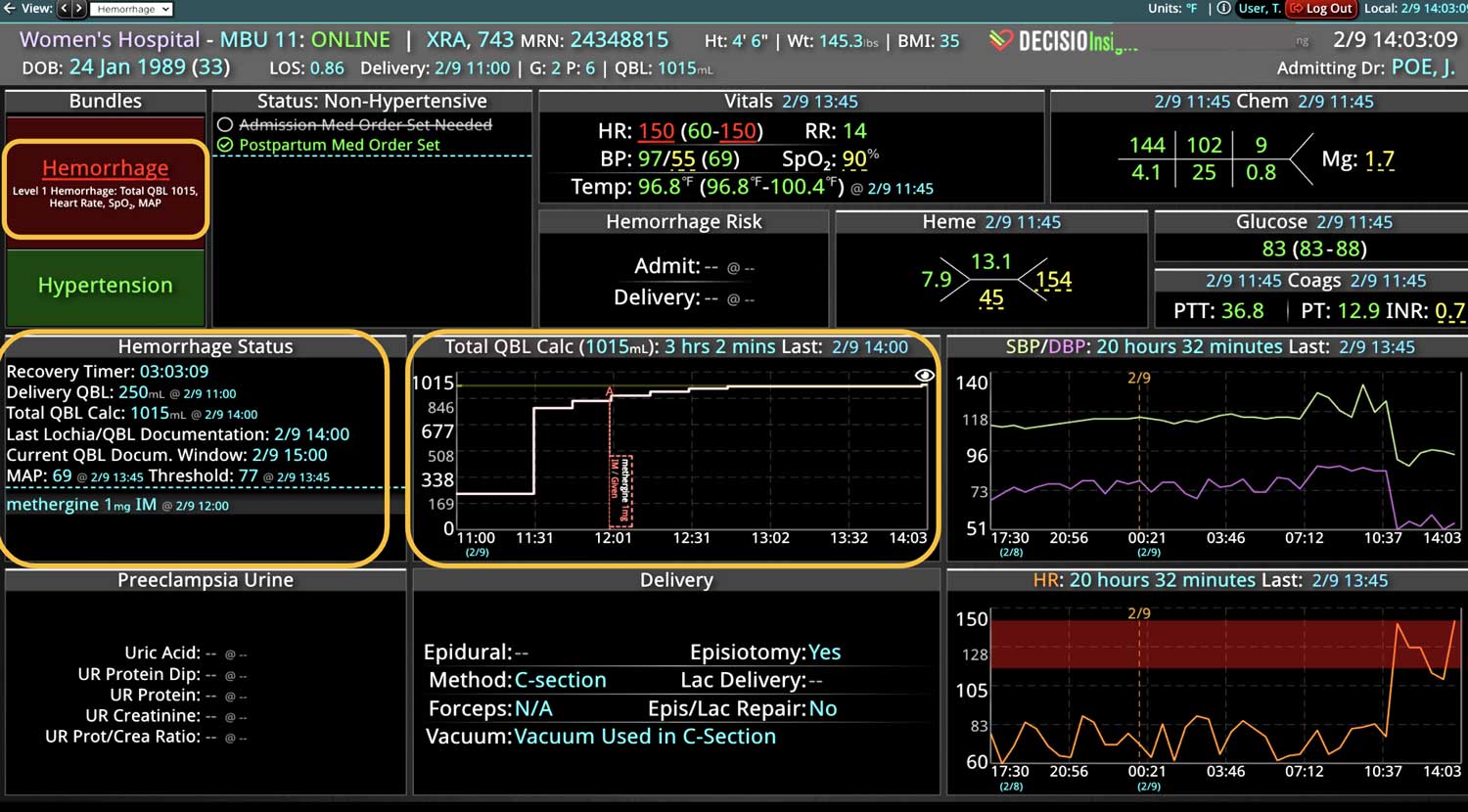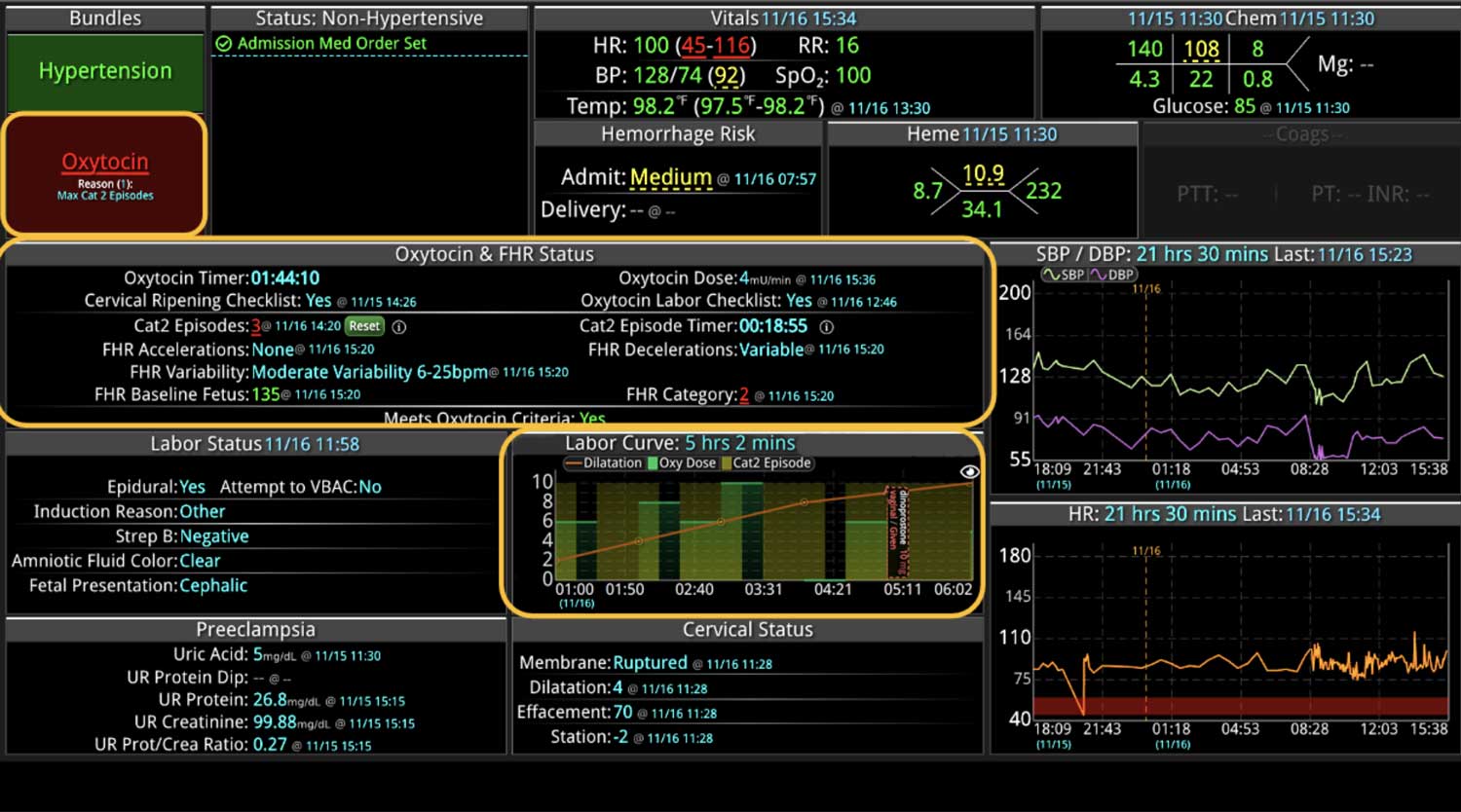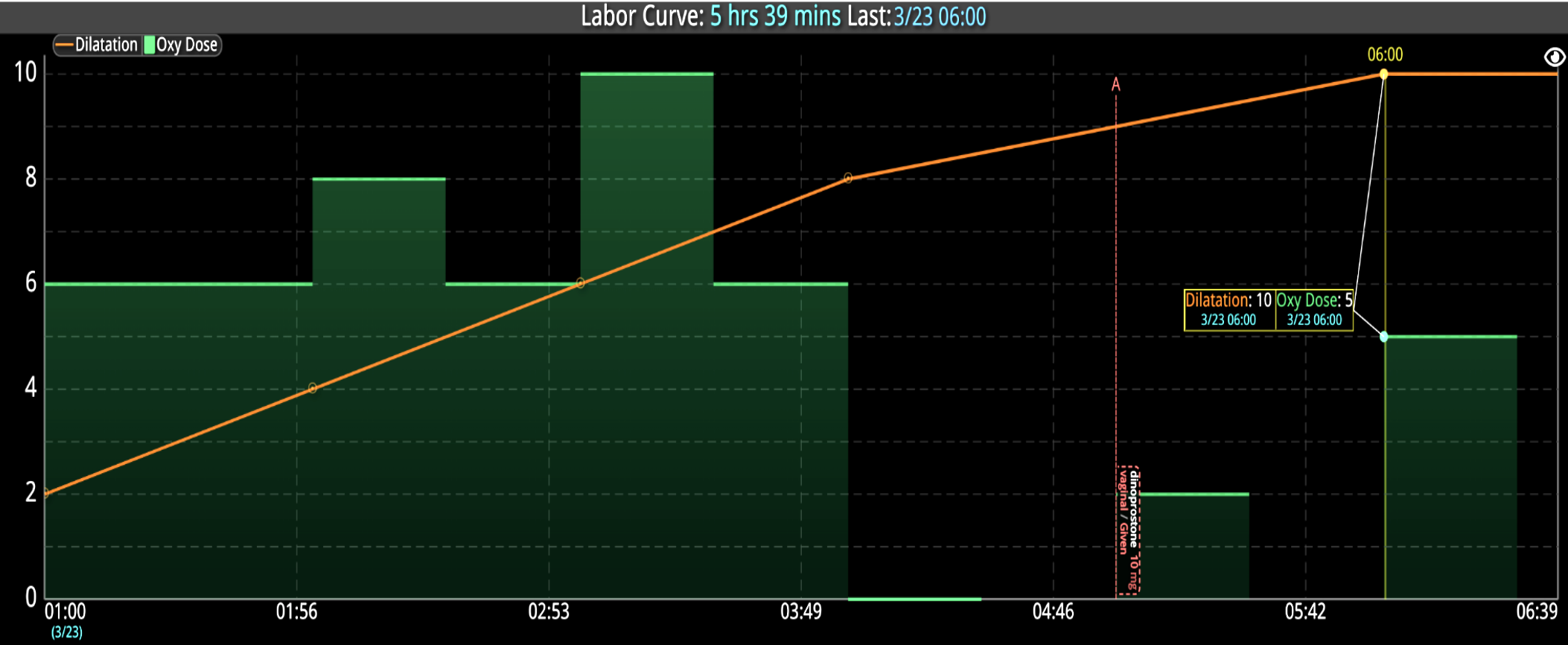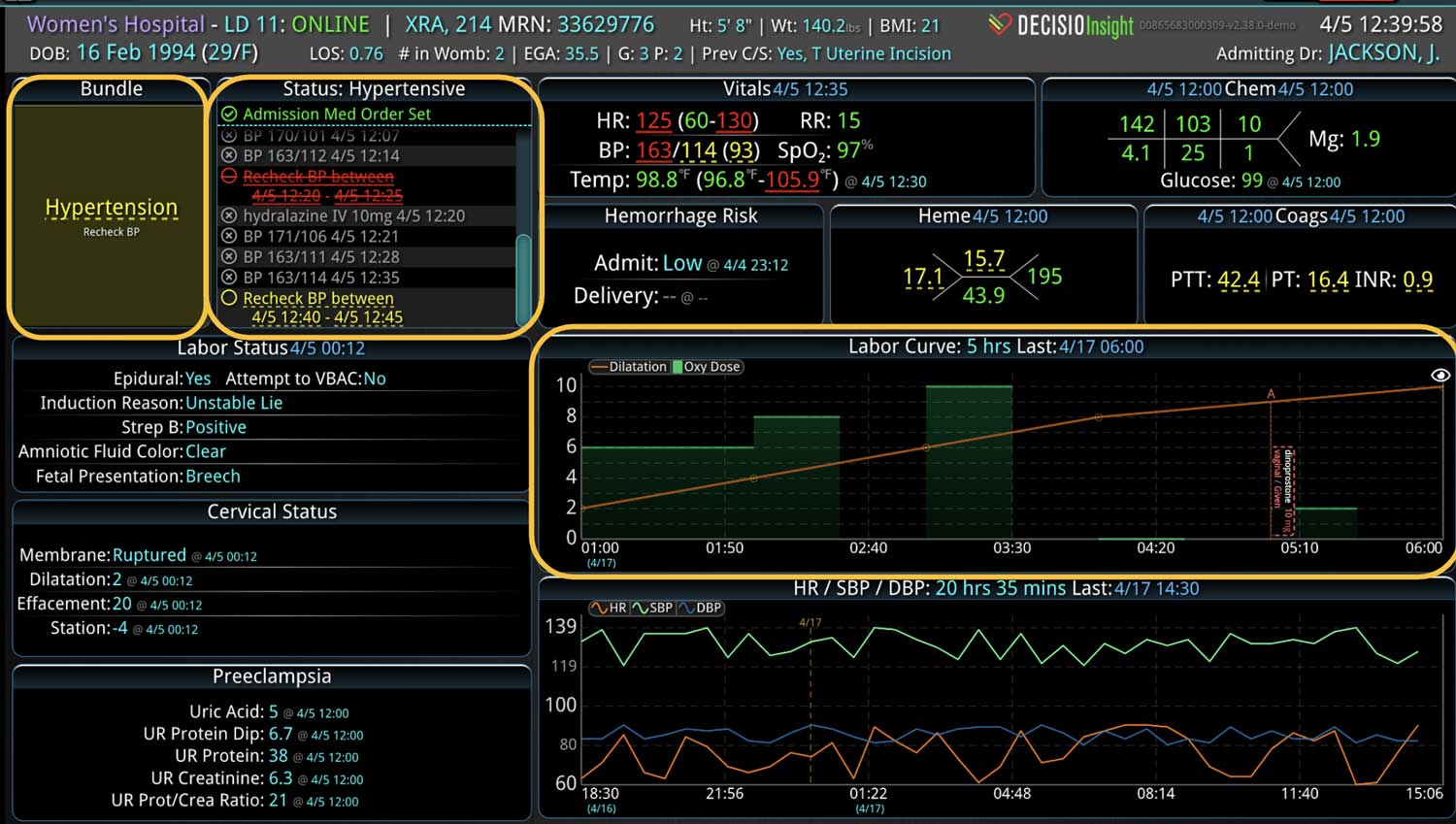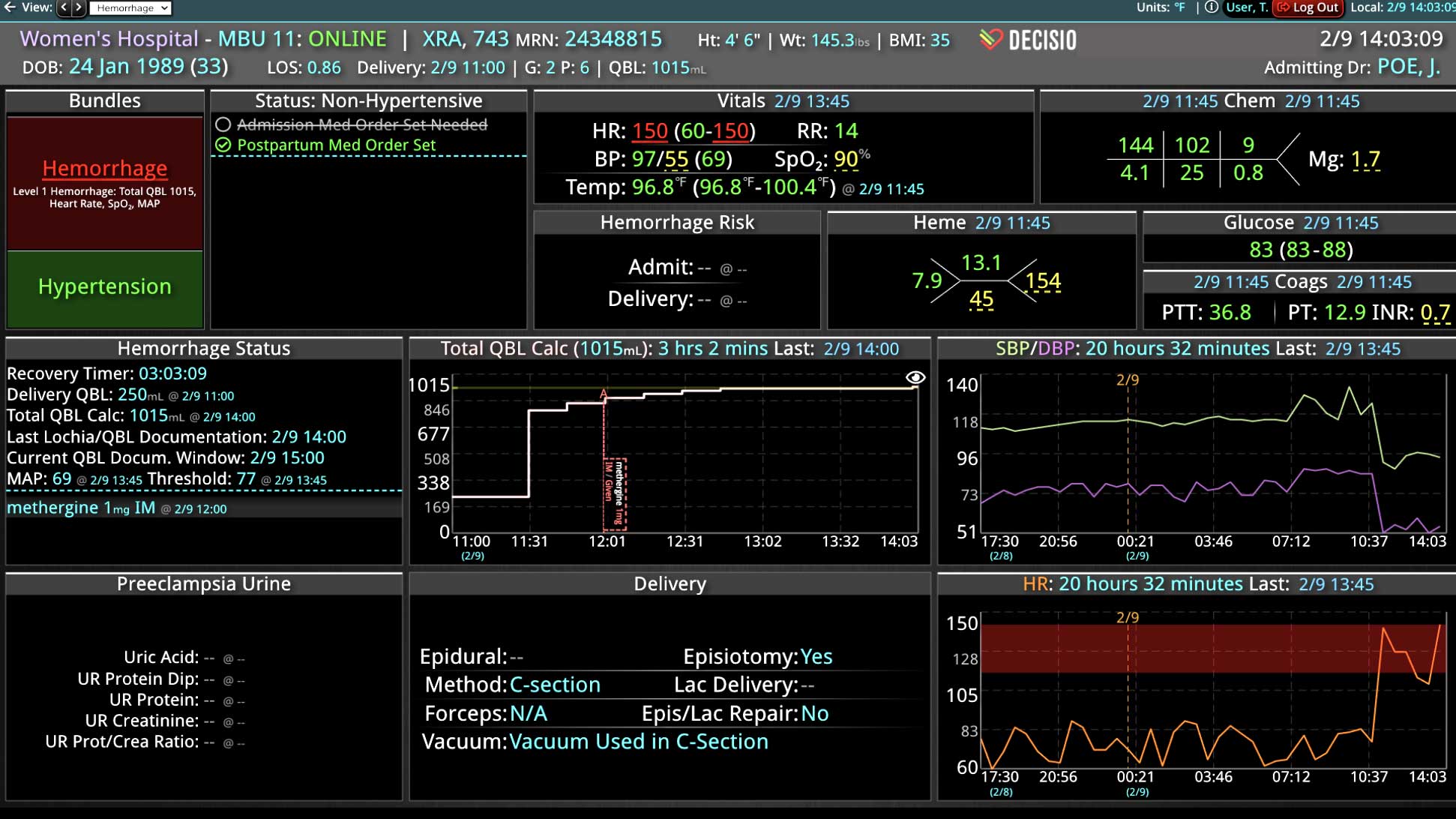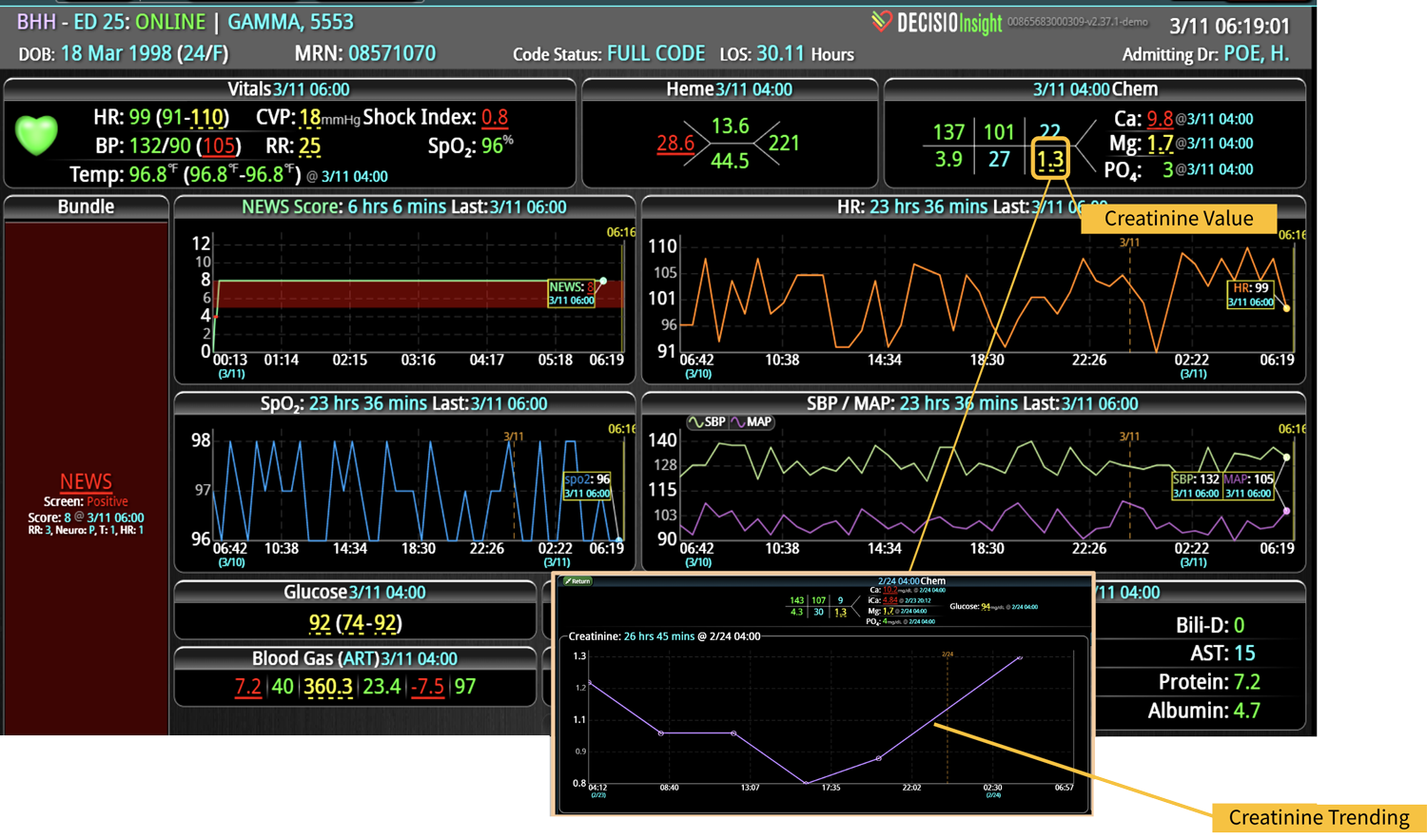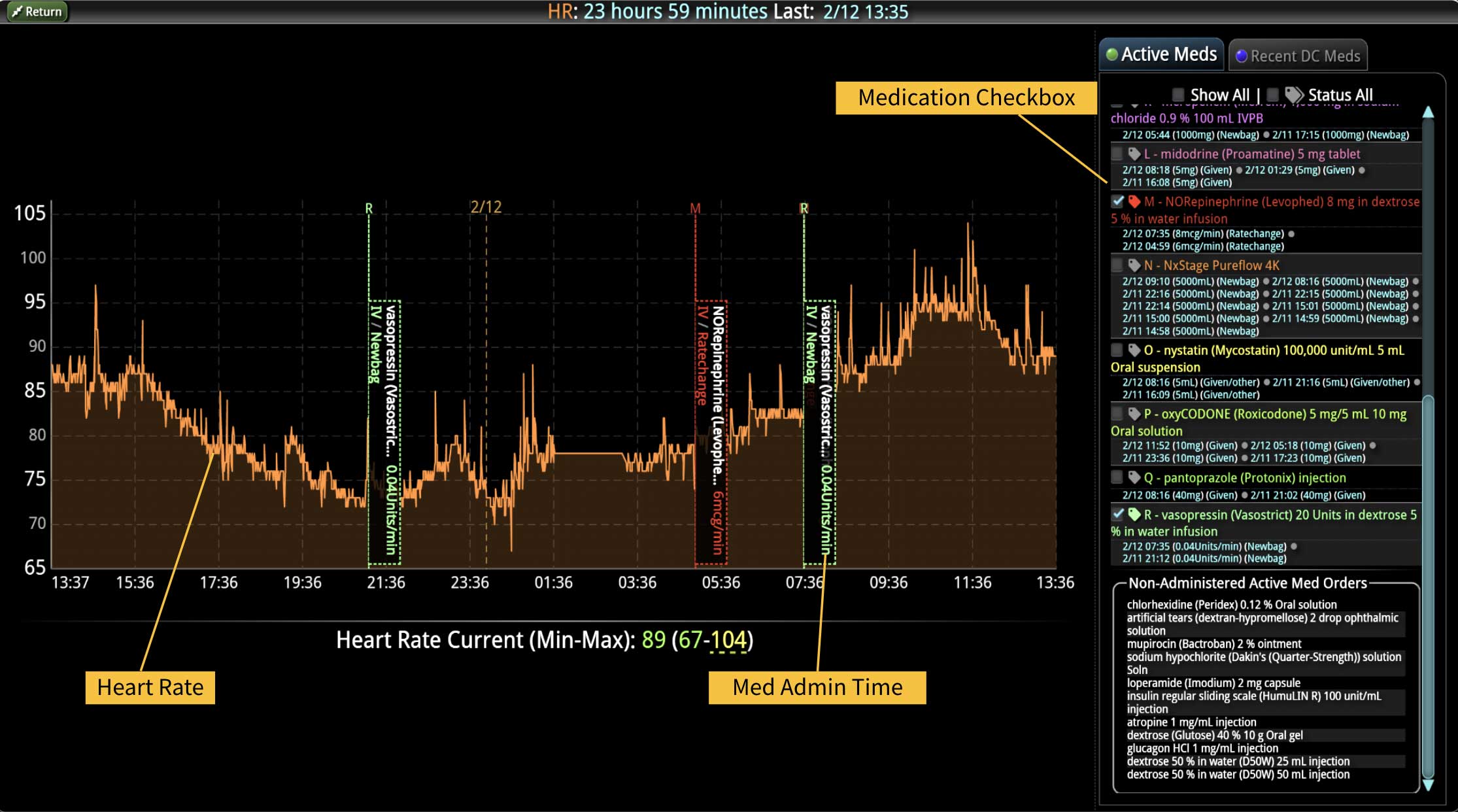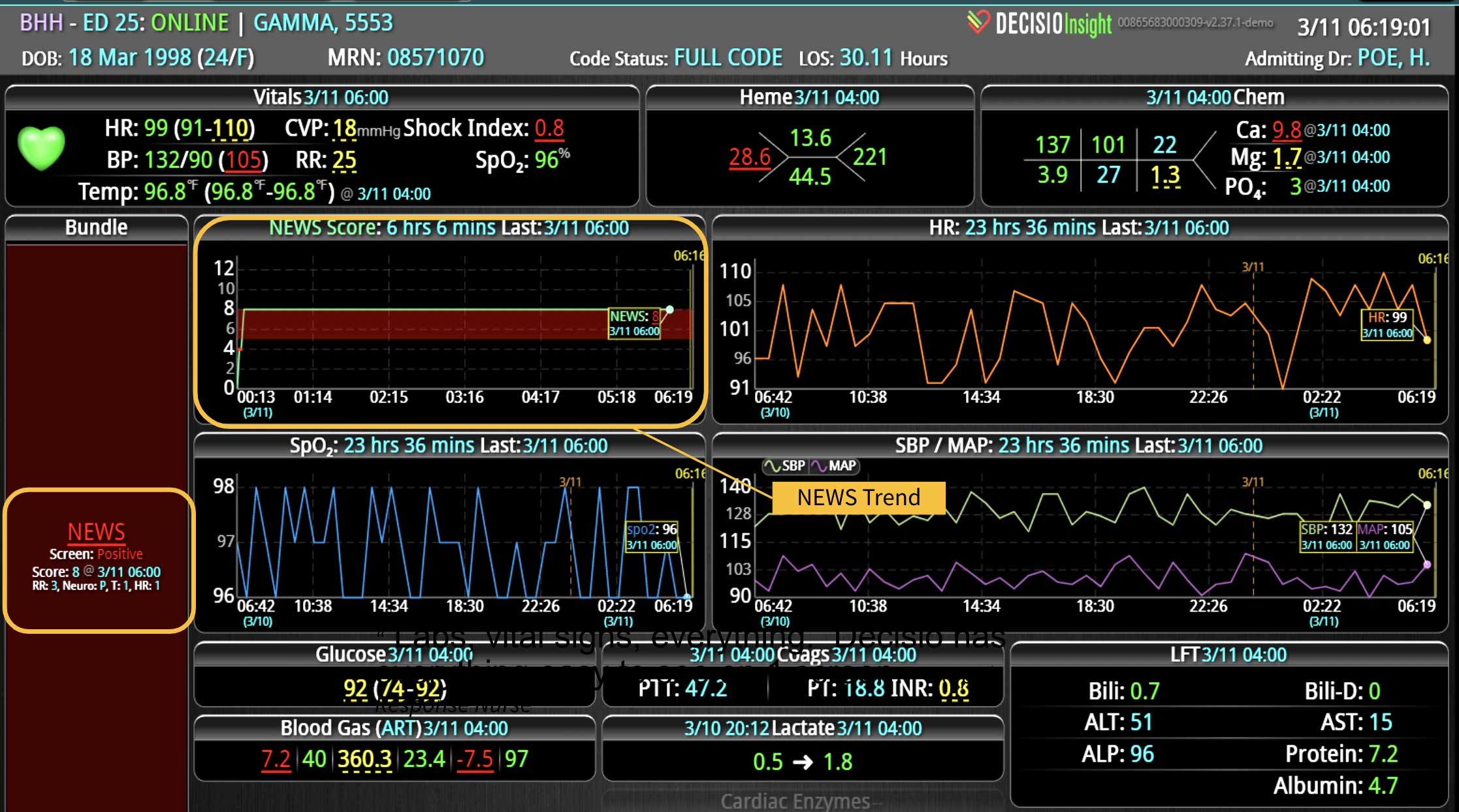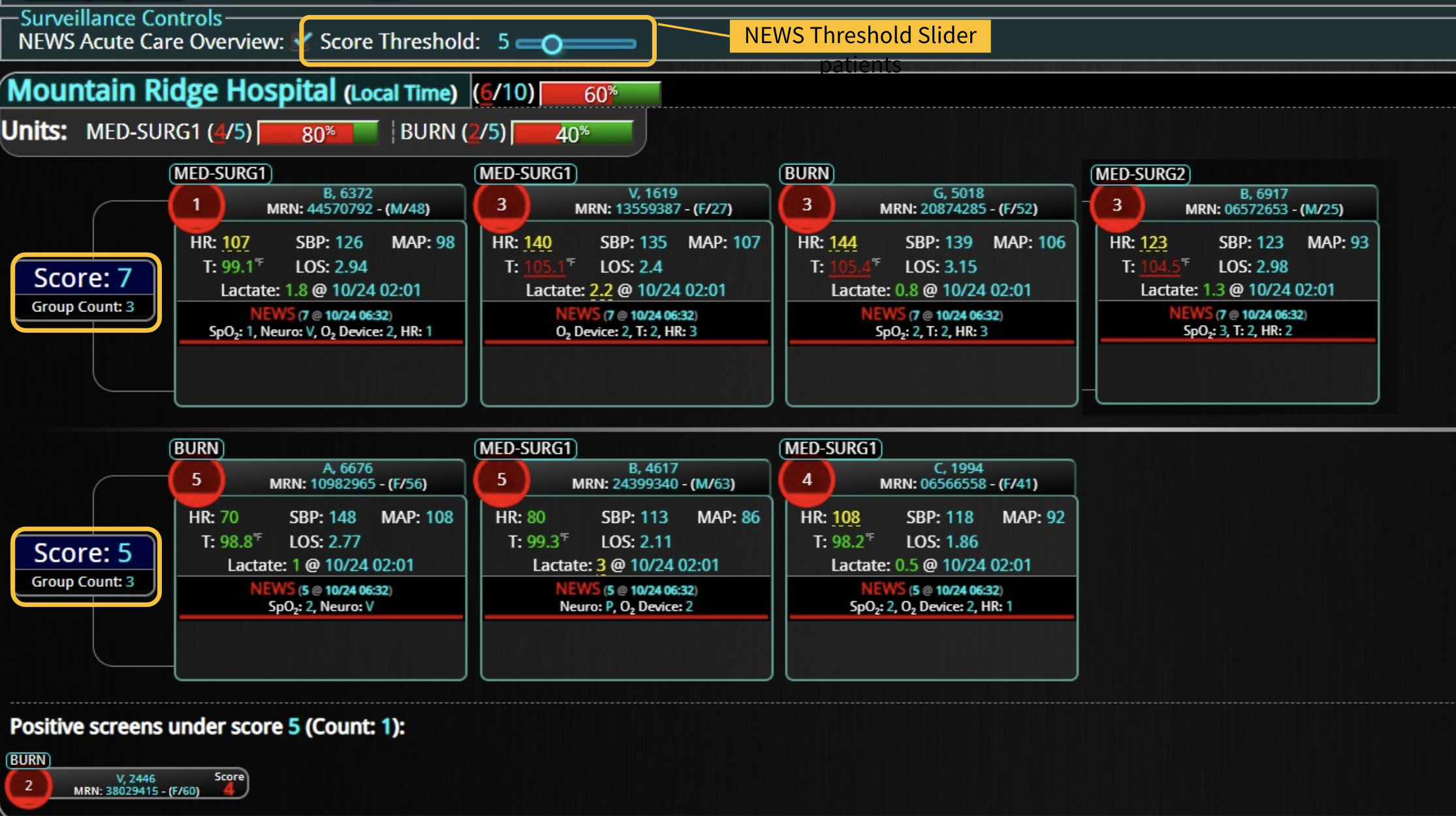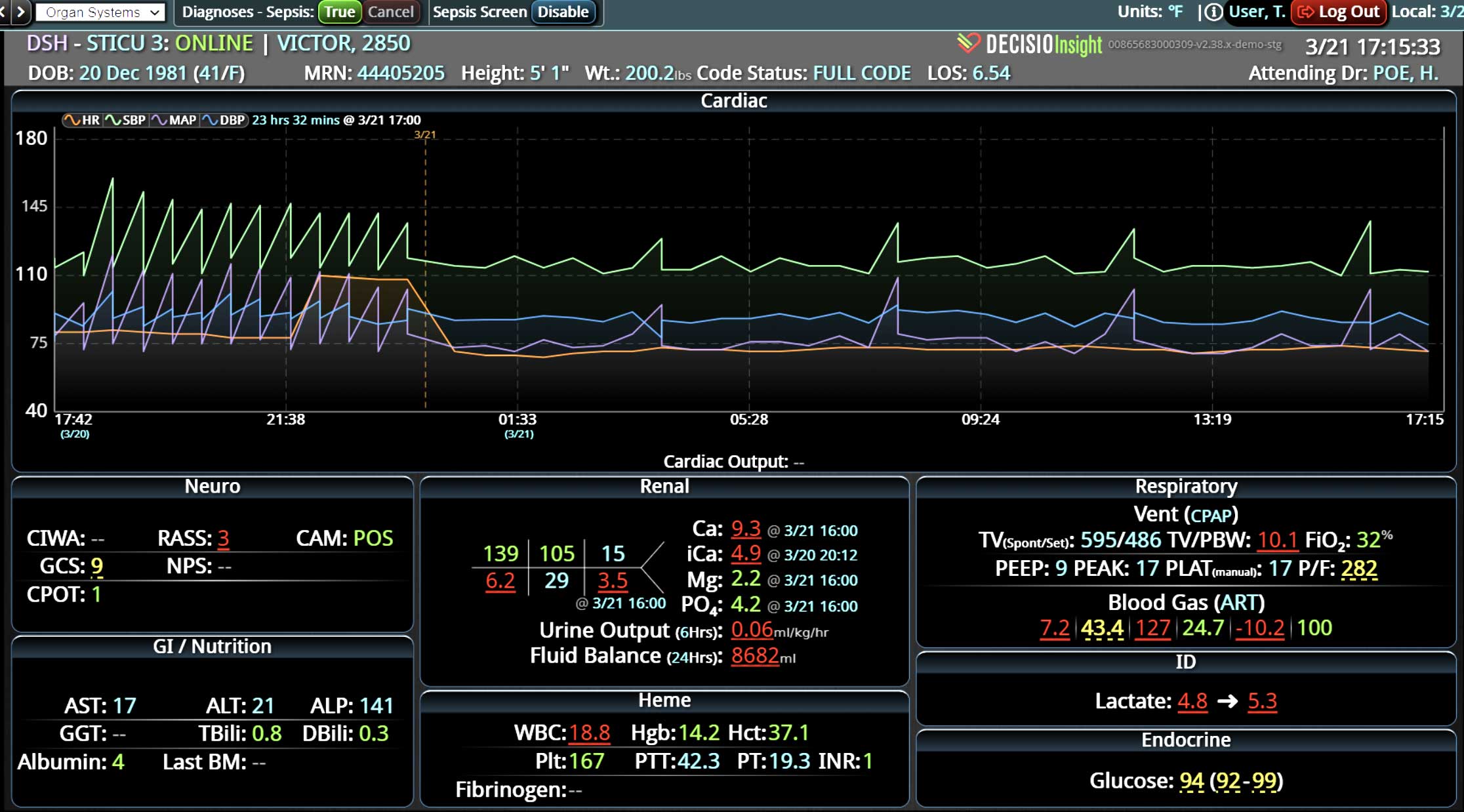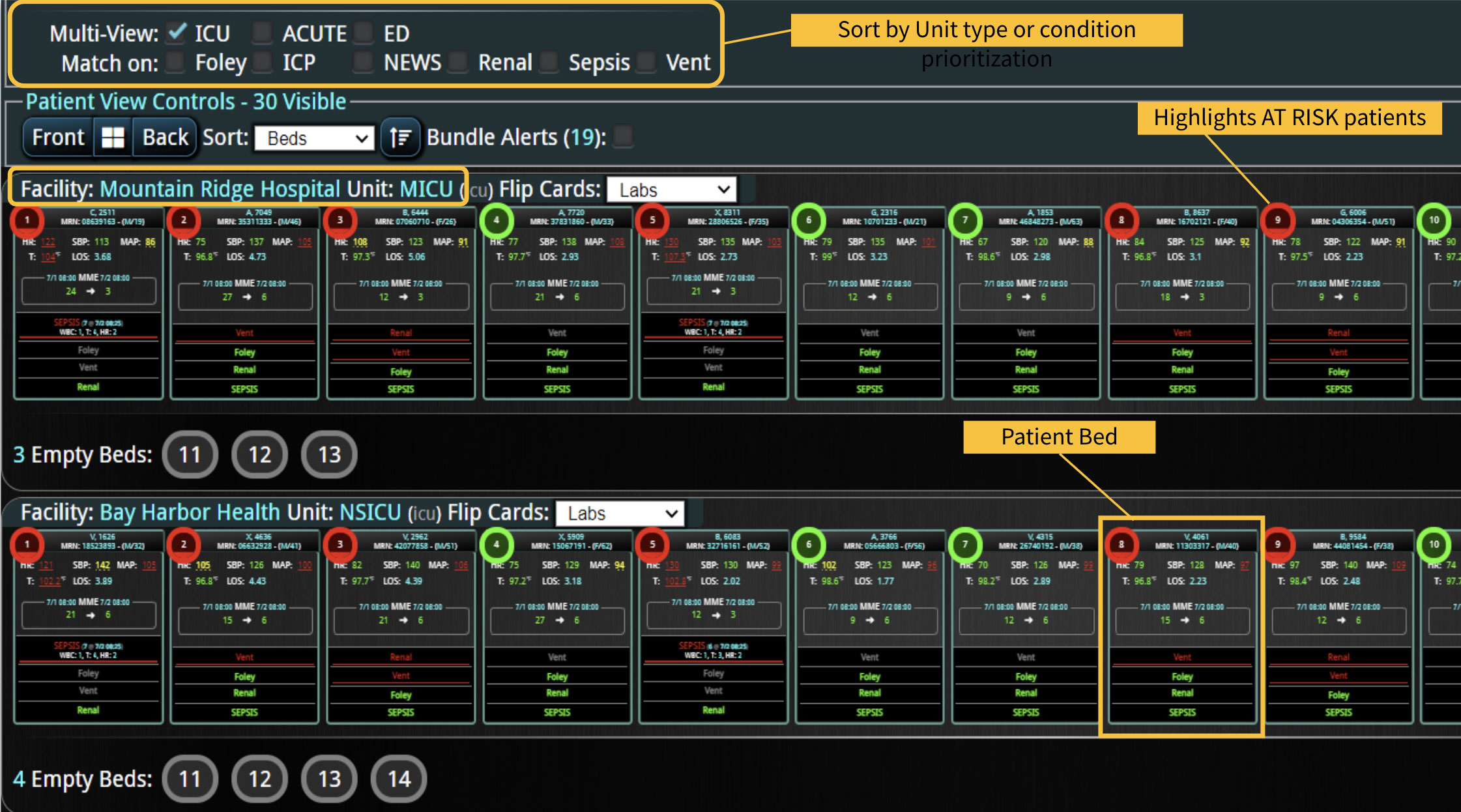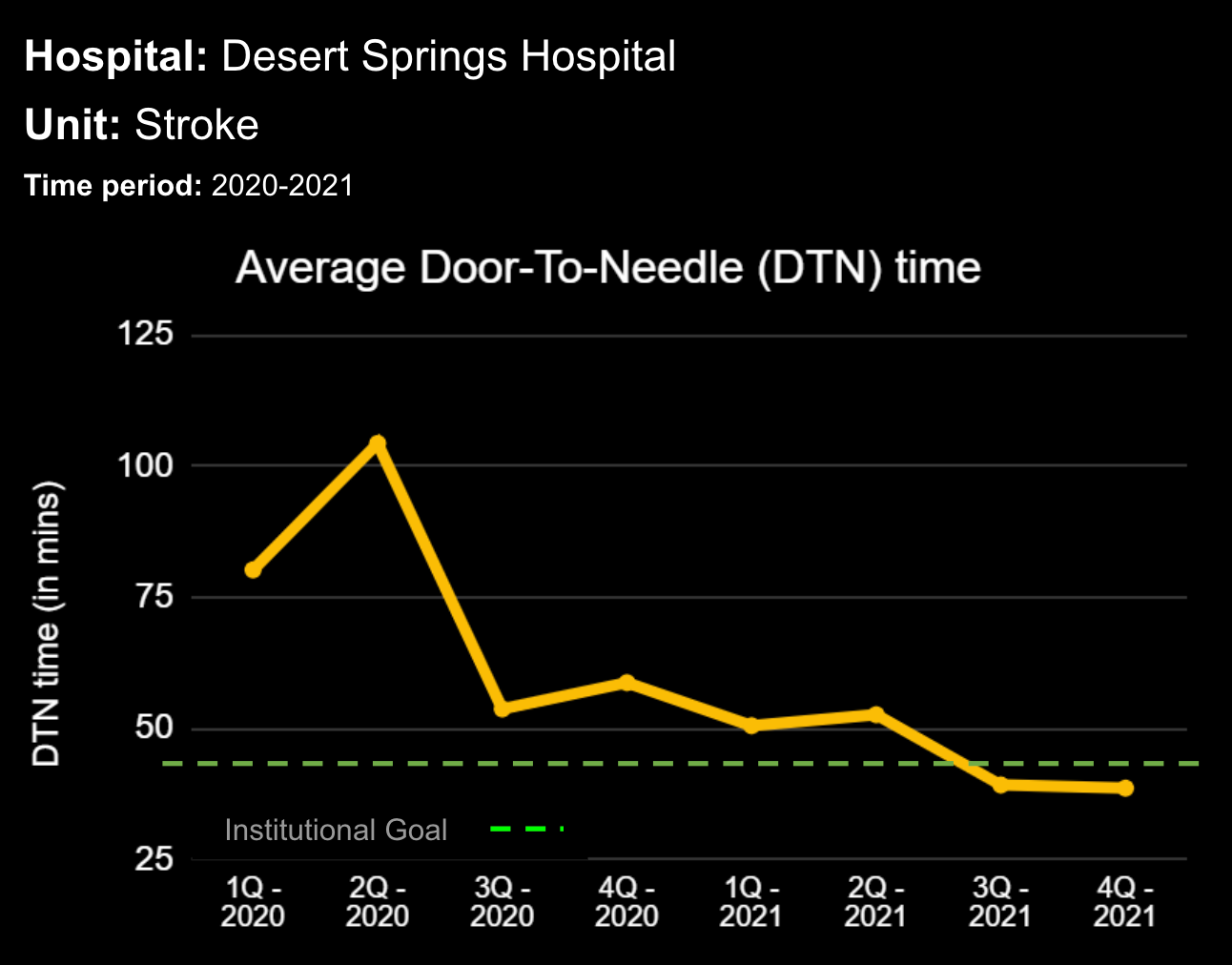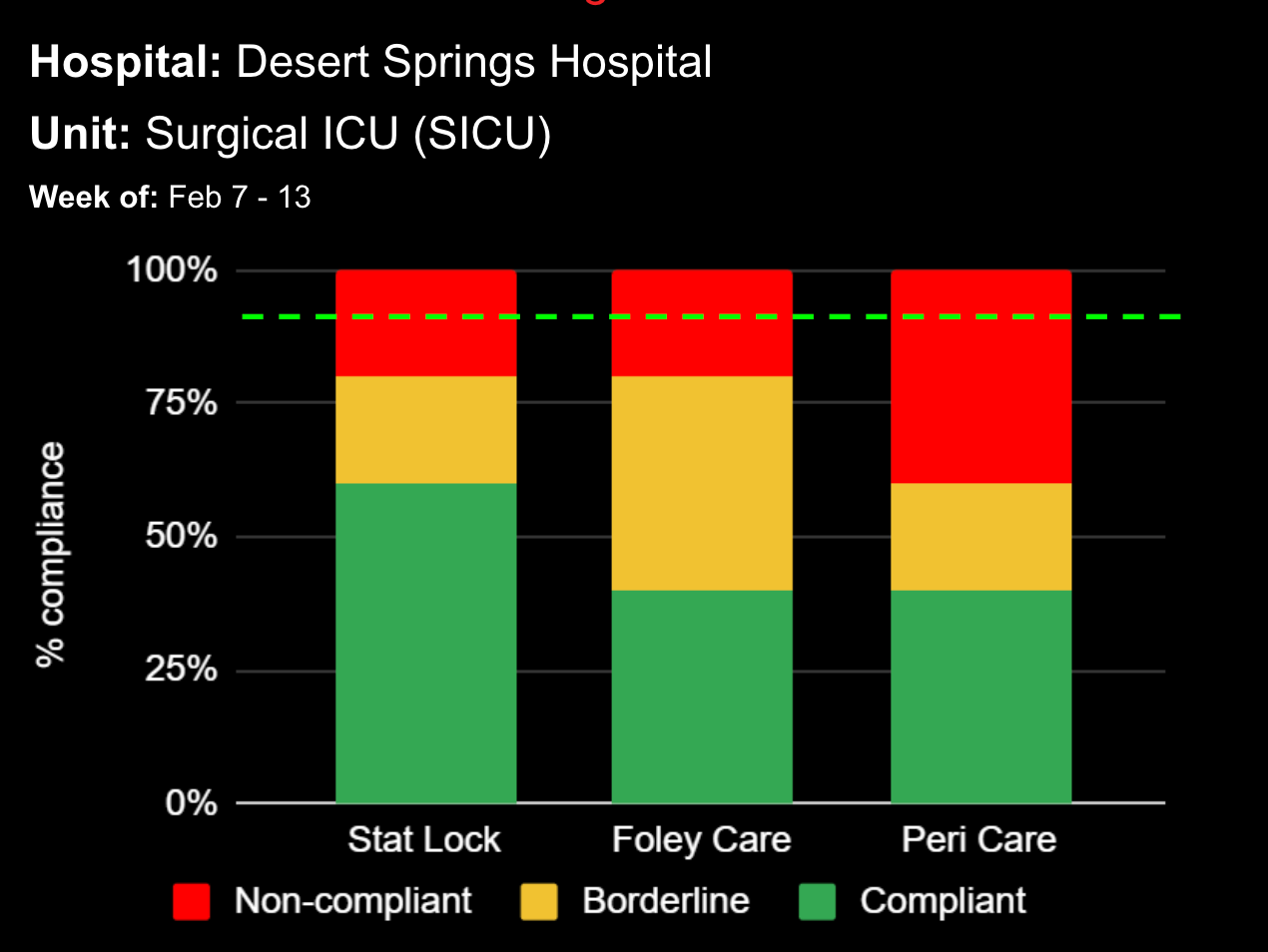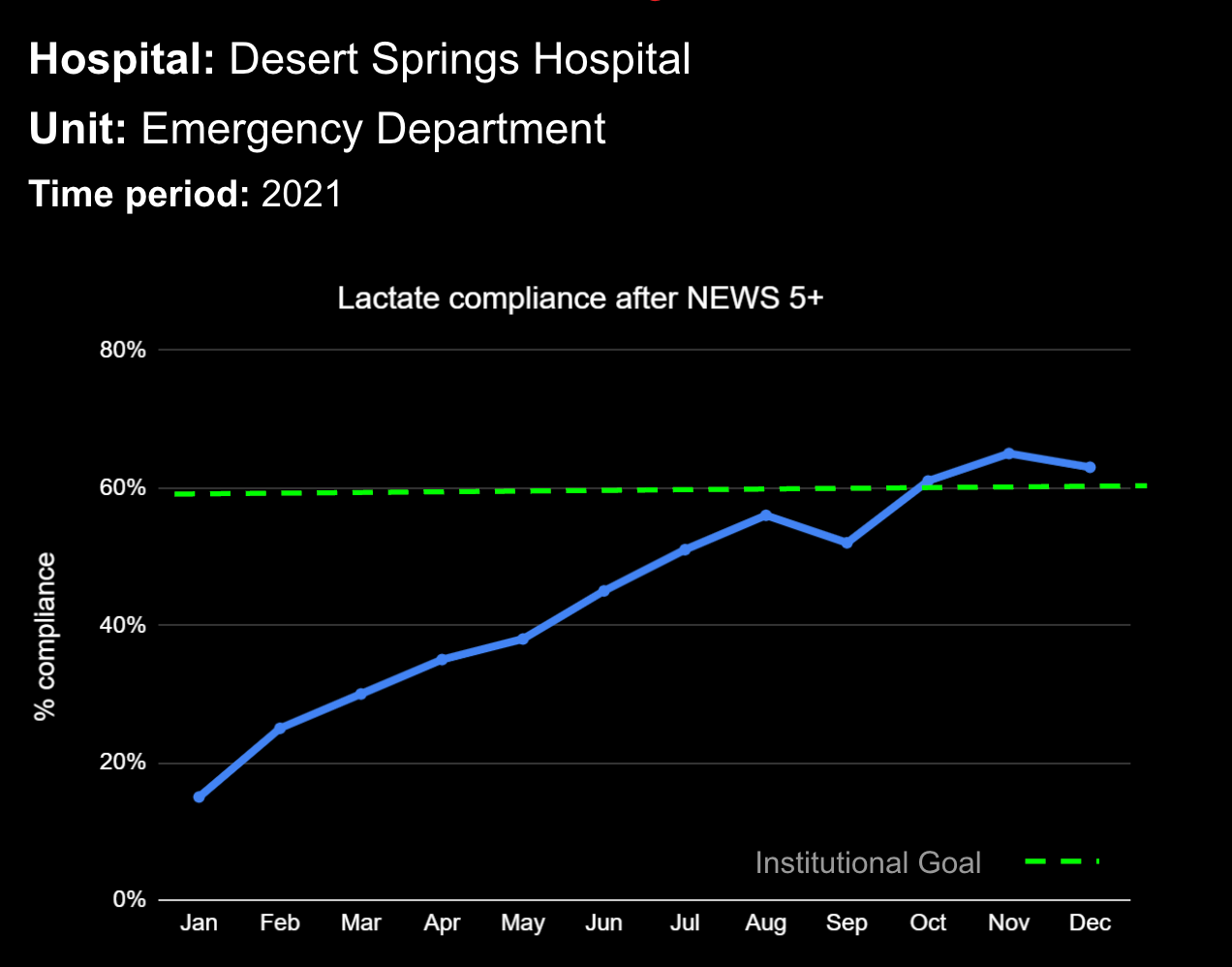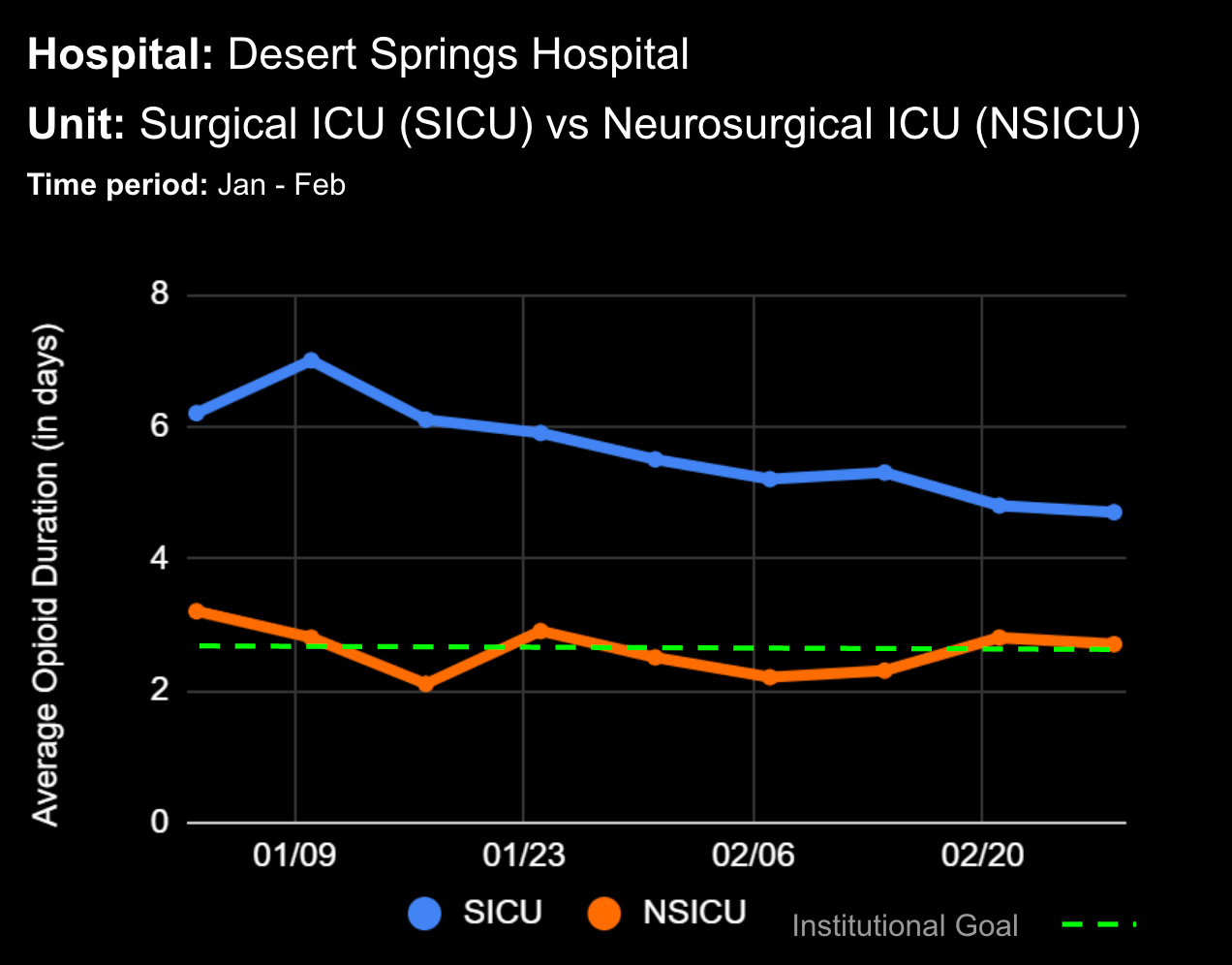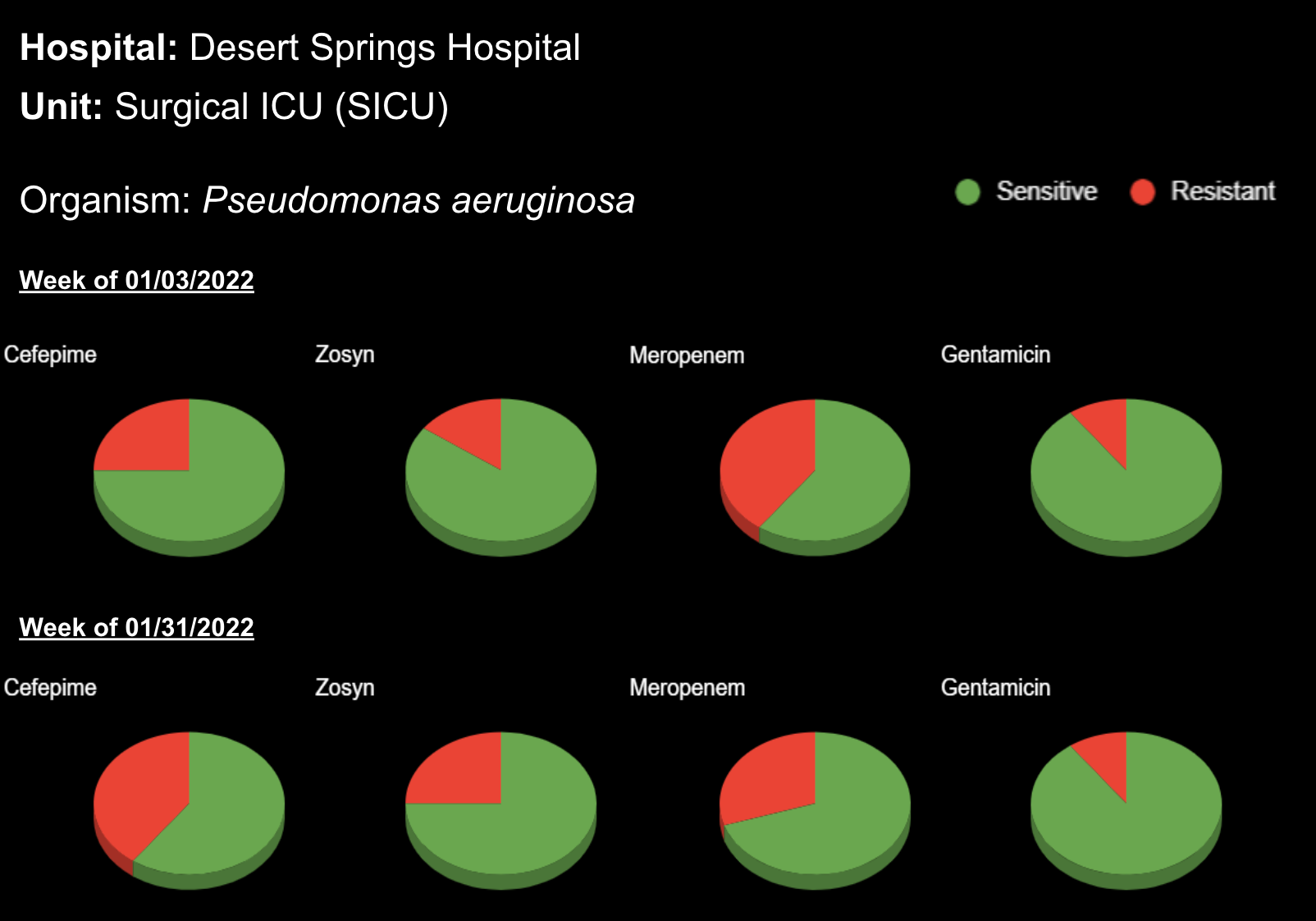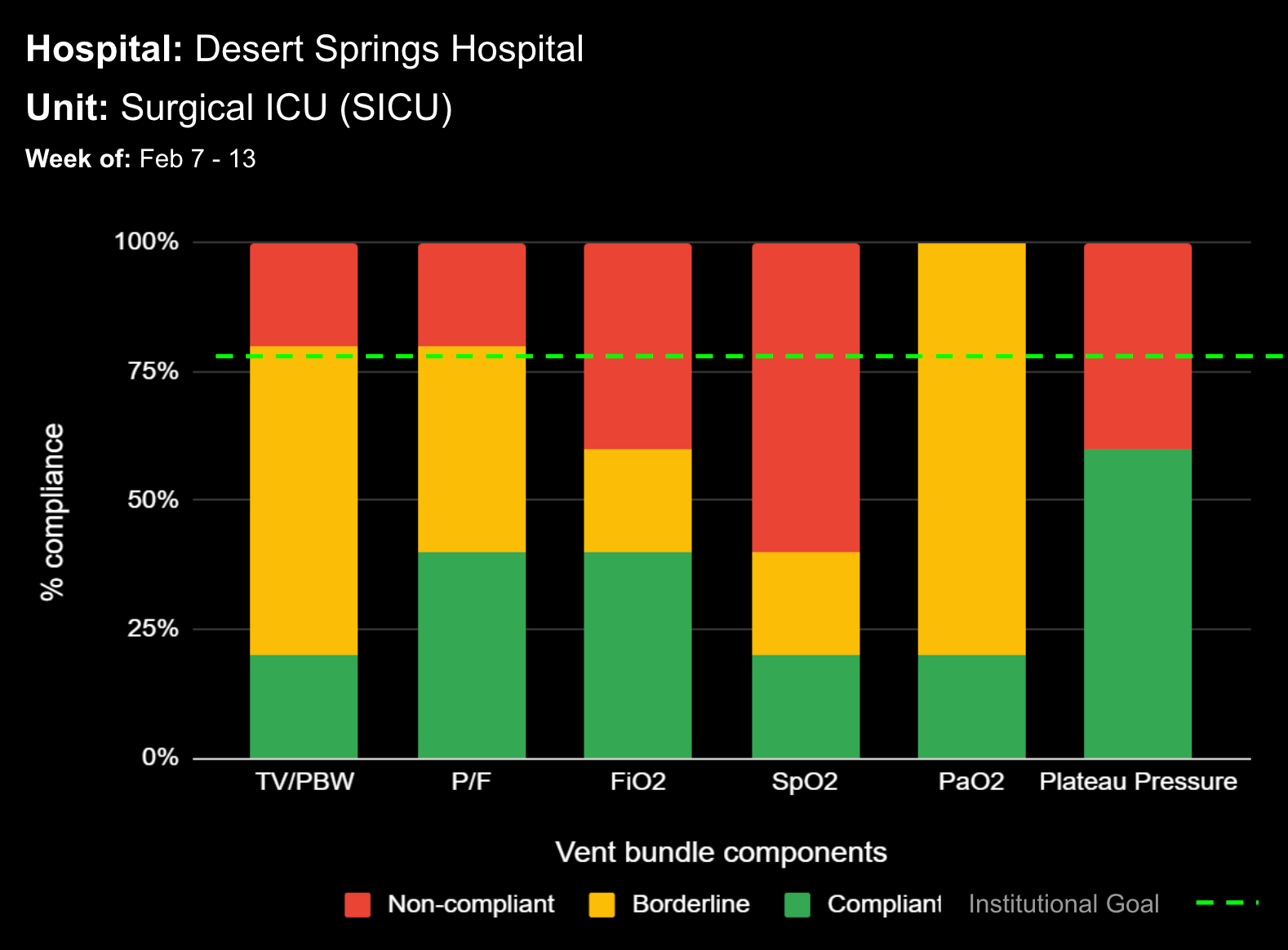14 Aug Improving Unplanned ICU Admissions and the Virtual Rapid Response Process
At a 200-bed suburban hospital, affiliated with an academic center, patient safety and quality care are paramount. Over the past 60 days, remarkable progress has been made in reducing unplanned ICU admissions and implementing a virtual rapid response process, demonstrating a commitment to improving patient outcomes through innovation and dedicated teamwork. Unplanned ICU Admissions: Significant Reductions Unplanned ICU admissions, a key indicator of a hospital's ability to manage patient deterioration, have significantly decreased over the past two months. June 2024 vs June 2023: Unplanned ICU admissions decreased by 29% July 2024 vs July 2023: Unplanned ICU admissions decreased by 53% This improvement is attributed to proactive measures and the strategic use of data analytics for root cause analysis, facilitating the rapid identification and resolution of underlying issues. Virtual Rapid Response Process: Enhancing Patient Safety Introduced in May 2024, the virtual Rapid Response Team (RRT) process has been instrumental in these improvements. The virtual RRT (Rapid Response Team) process incorporates multiple crucial steps and technological integrations to ensure timely interventions and seamless communication among healthcare providers: Decisio Alerts: These alerts notify the team when a patient's National Early Warning Score (NEWS) reaches a critical level, enabling prioritization of care without overwhelming the team. Note: Initial settings for NEWS were...





